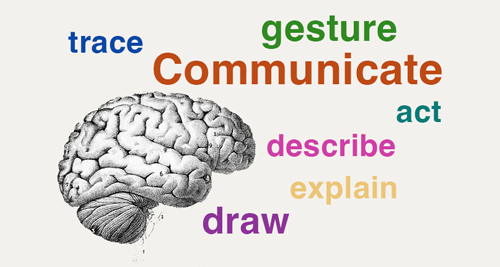Complications of Aphasia
Aphasia affects more than just speech — it can impact every area of life, from relationships to employment. The condition also increases the risk of emotional and social complications, especially if left untreated. Learn more about the complications of aphasia below.
5 Complications of Aphasia
1. Communication Barriers
- Inability to express needs or emotions clearly can lead to misunderstandings
- Limits independence in daily activities like banking, shopping, or socialising
2. Emotional Effects
- Aphasia often leads to:
- Depression
- Anxiety
- Frustration or anger
- Many individuals feel socially isolated or withdrawn due to communication difficulties
3. Relationship Strain
- Partners and family members may struggle to understand or adjust
- Role changes (e.g. a parent who becomes dependent) can be emotionally taxing
4. Employment and Financial Impact
- Many people with aphasia cannot return to their previous jobs
- May face difficulties finding new employment
- Families may experience a drop in income or increased care costs
5. Cognitive and Physical Impairments
- Aphasia may be accompanied by:
- Memory or attention issues
- Muscle weakness or paralysis (especially after a stroke)
- Swallowing difficulties (dysphagia)
6. Safety Concerns
- Individuals with aphasia may struggle to:
- Call for help
- Understand safety instructions
- Navigate public transport or medical systems
Long-Term Support
- Ongoing speech therapy
- Assistive devices and home modifications
- Caregiver training and emotional support
With consistent support, many people with aphasia regain enough communication to reconnect with loved ones, regain some independence, and rebuild confidence.
👉 End of Series | Back to Overview


